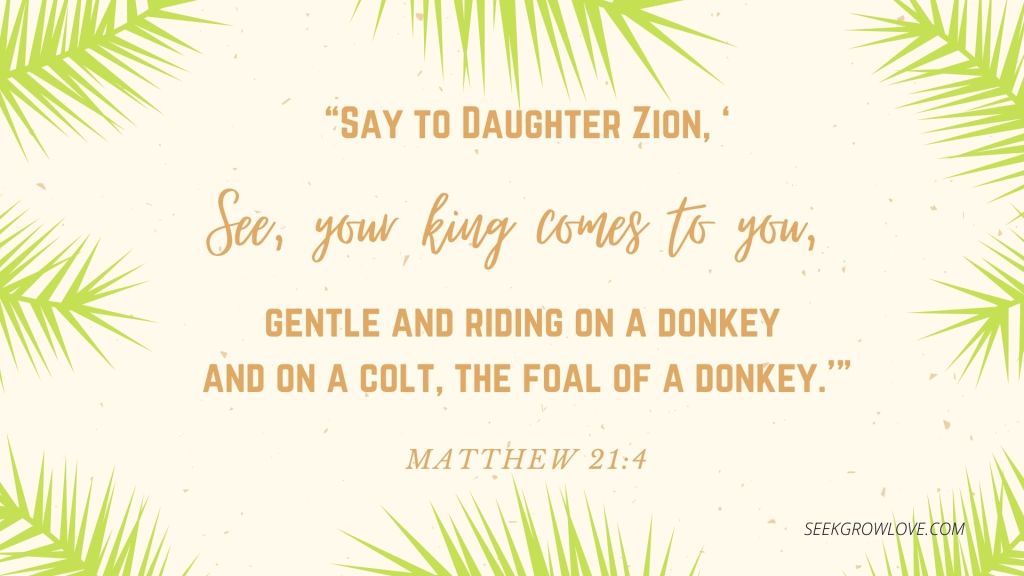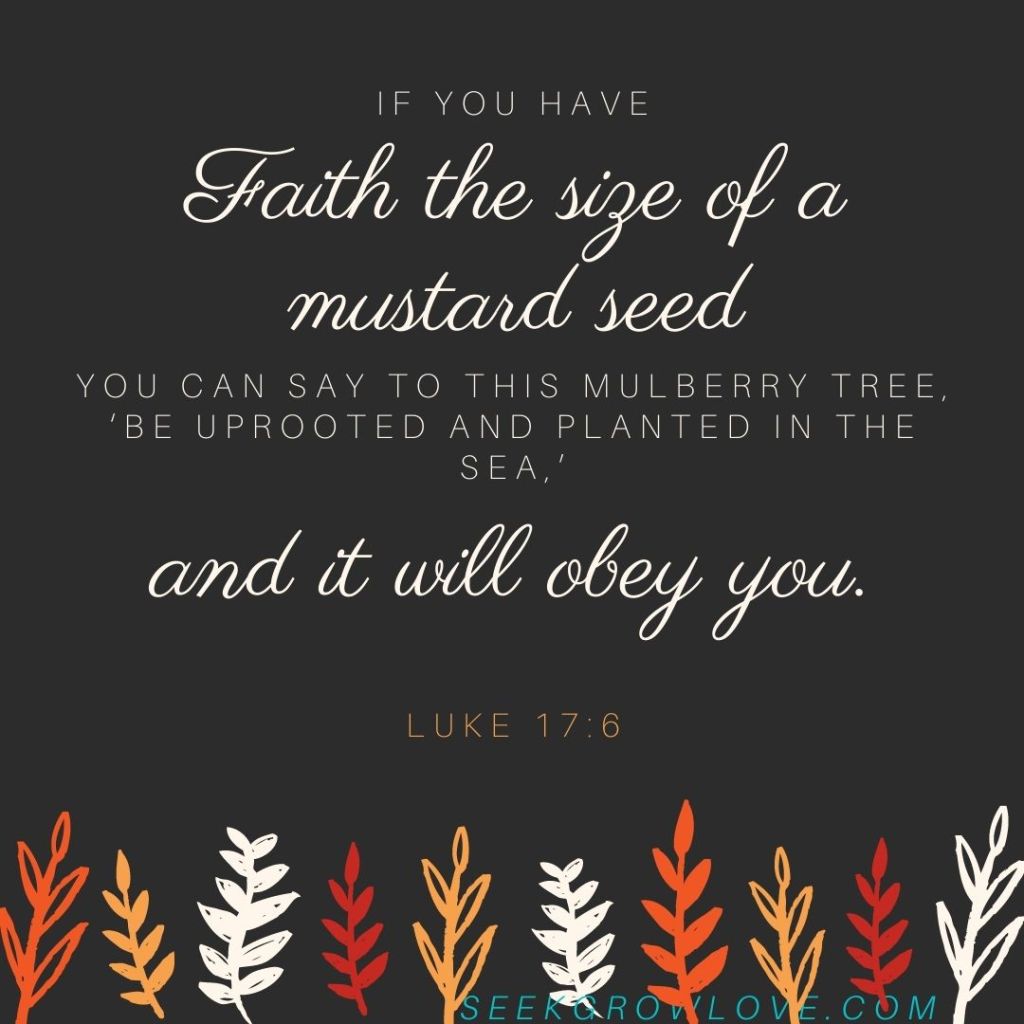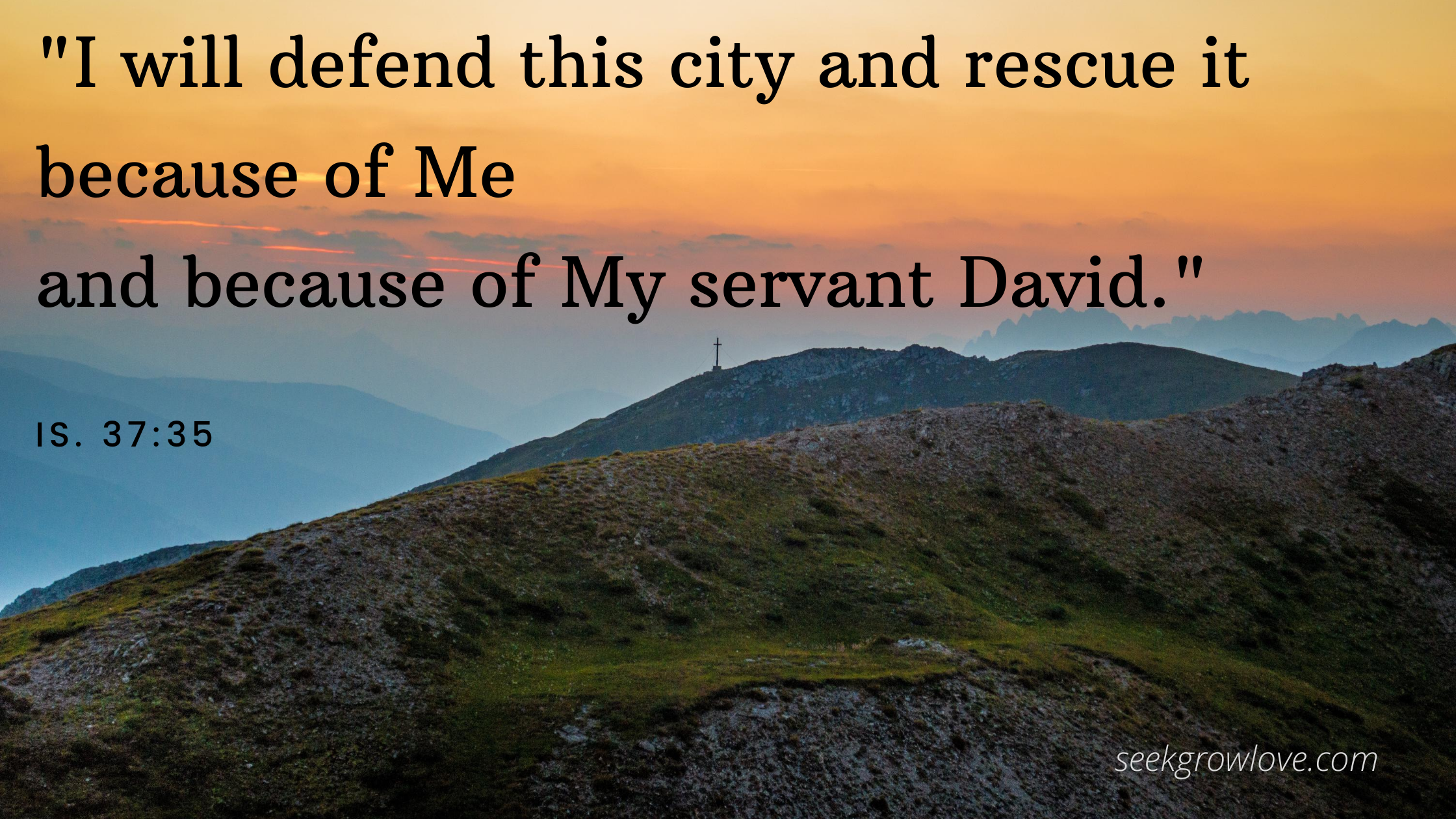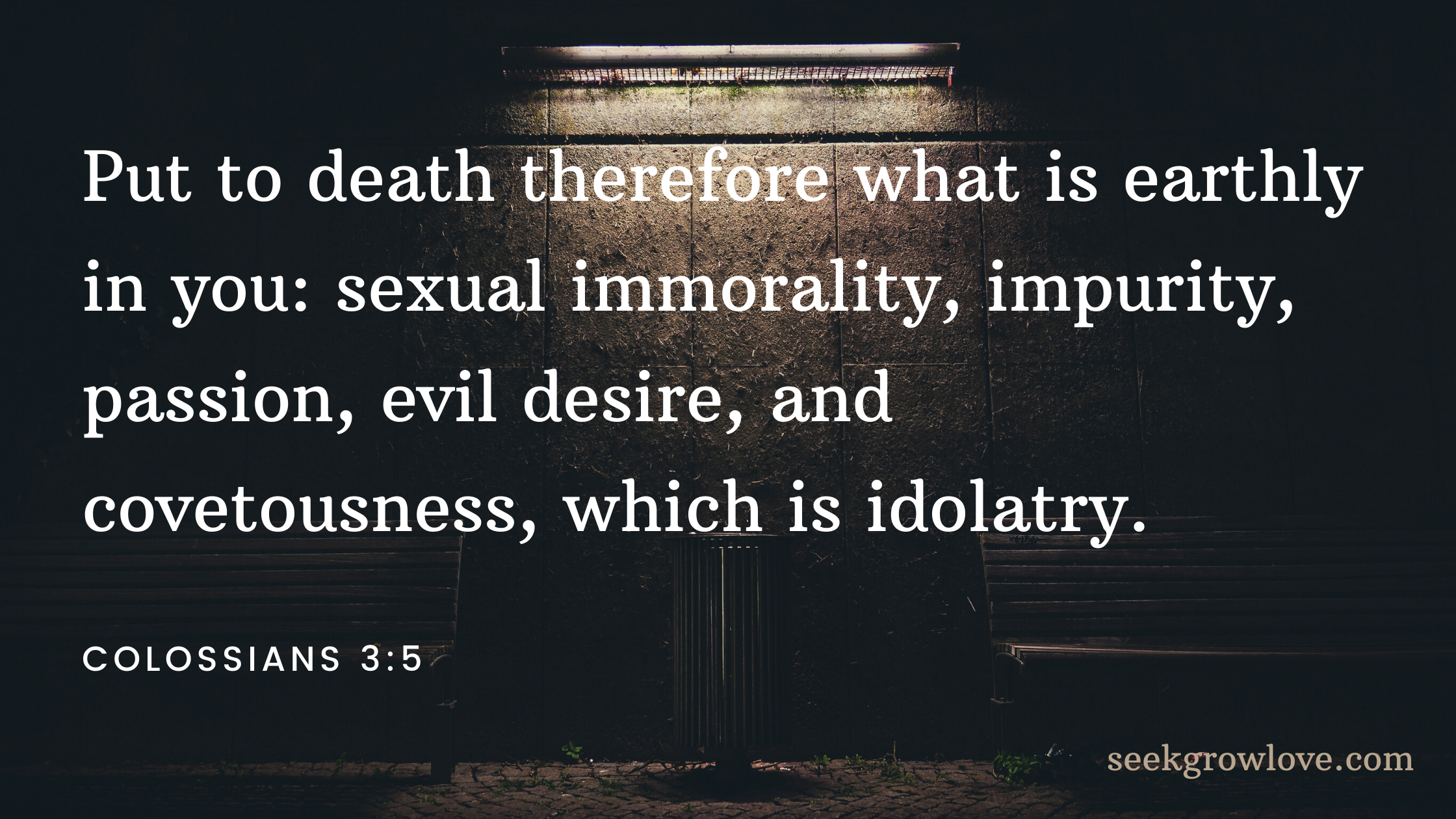
Election day is only a few days away. Every election cycle seems more divisive as the sides pick and choose what truths they want to adhere to from news media and officials. When we see each side yelling at each other and calling the other names, it can seem like it’s hopeless. How can we piece back together mutual respect and trust – despite the fact that we believe differently?
In our reading today, we read about Jesus’ triumphal entry, in addition to some parables. In Matthew 21, we get the story:
6 The disciples went and did as Jesus had instructed them. 7 They brought the donkey and the colt and placed their cloaks on them for Jesus to sit on. 8 A very large crowd spread their cloaks on the road, while others cut branches from the trees and spread them on the road. 9 The crowds that went ahead of him and those that followed shouted,
“Hosanna to the Son of David!”
“Blessed is he who comes in the name of the Lord!”
“Hosanna in the highest heaven!”
Jesus rides into Jerusalem on a donkey, a sign of suffering, humility, industry, and peace rather than a horse, a sign of war and wealth, to show how his kingdom would be different. The people are sure to welcome him into the city and even drape their coats on the ground so that the donkey’s feet would not touch the ground. Even though the people warmly welcomed Jesus and gave him the honor he deserved, the Pharisees saw this and were jealous. After the triumphal entry, they began plotting against Jesus to kill him.
In the swirl of the election cycle, our focus can get hazy. As we’ve read this week, there is so much that can cloud our vision and cause us to stumble and fall in our pursuit of God. But, as we inch closer and closer to the day when our votes are counted for this country, we need to rest in the truth that this is not our home. We are a holy priesthood – a set-apart nation. We are the kingdom of God on earth, ambassadors of Christ. We are not waiting with bated breath for the winner of this election season to save us.
Our King rode in on a donkey 2,000 years ago. He is who we are waiting on, who we are trusting in. He is the one who saved us.
~ Cayce Fletcher
Today’s Bible passage can be read or listened to at BibleGateway here – Matthew 20-21.
Tomorrow, we will read Luke 18:15-19:48.









